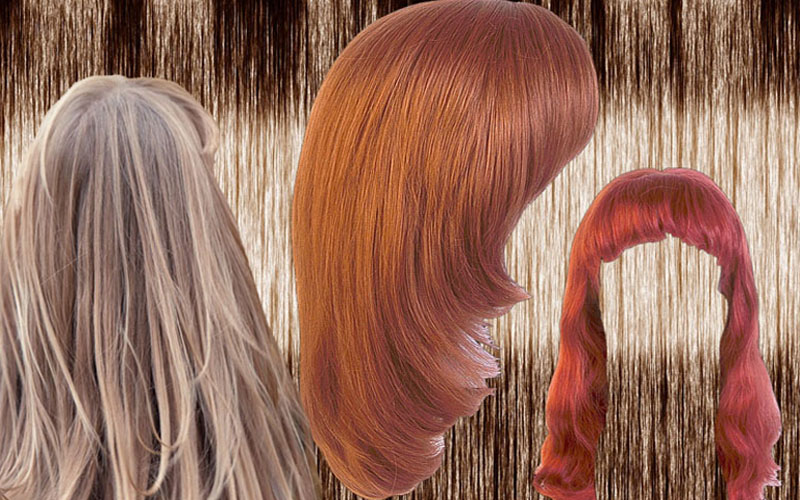If you want to learn more about hair, you are in the right place. Here you will find most of the frequently asked questions about hair answered.
Do you want to find out what are the reasons for hair loss? Research has shown that genetics is only one of the causes is of thinning hair. Build-up of conventional hair care product ingredients, toxins and pollutants from the environment, and as a lack of circulation to the scalp skin also can contribute to thinning hair. Many medications or medical treatments have side effects leading to excessive daily hair loss.
Here are some F.A.Q. and answers:
The ingredients used in professional salon products are generally better quality and are more concentrated than drugstore offerings. This means the effect on your hair is better and the results will be longer lasting.
Research has shown that genetics is only one of the causes is of thinning hair. Build-up of conventional hair care product ingredients, toxins and pollutants from the environment, and as a lack of circulation to the scalp skin also can contribute to thinning hair. The damaging effects of chemical service residues as well as the mechanical aggressiveness of styling combined with the heat from styling tools can also lead to excessive daily hair loss. Hormonal changes that women experience throughout their lives can cause temporary as well as permanent hair loss. Many medications or medical treatments have side effects leading to excessive daily hair loss.
Because of excessive activity of the sebaceous gland and polluted environment. Activity of the sebaceous gland is different from person to person and it depends on genes and functions of hormones. If elimination is excessive, sebum appears on the scalp. Shampoos that abolish this problem have to remove the grease and at the same time contain skin and hair friendly washing ingredients.
No. Hair is the second fastest growing tissue in the body (bone marrow is first), and grows an average of one half inch per month whether you cut it or not. Hair may grow slightly faster in the warmer seasons and slower in the colder ones, but that has everything to do with hormones and nothing to do with scissors.
Although genetics may be a factor contributing to hair loss, it may not be the only one. Normal hair loss occurs at a rate of 50 to 75 hairs per day, which are replaced by new growth. Any more than that, however, may be cause for concern.











